2024 Cohort Profiles
Nathanael Alexander Bierly
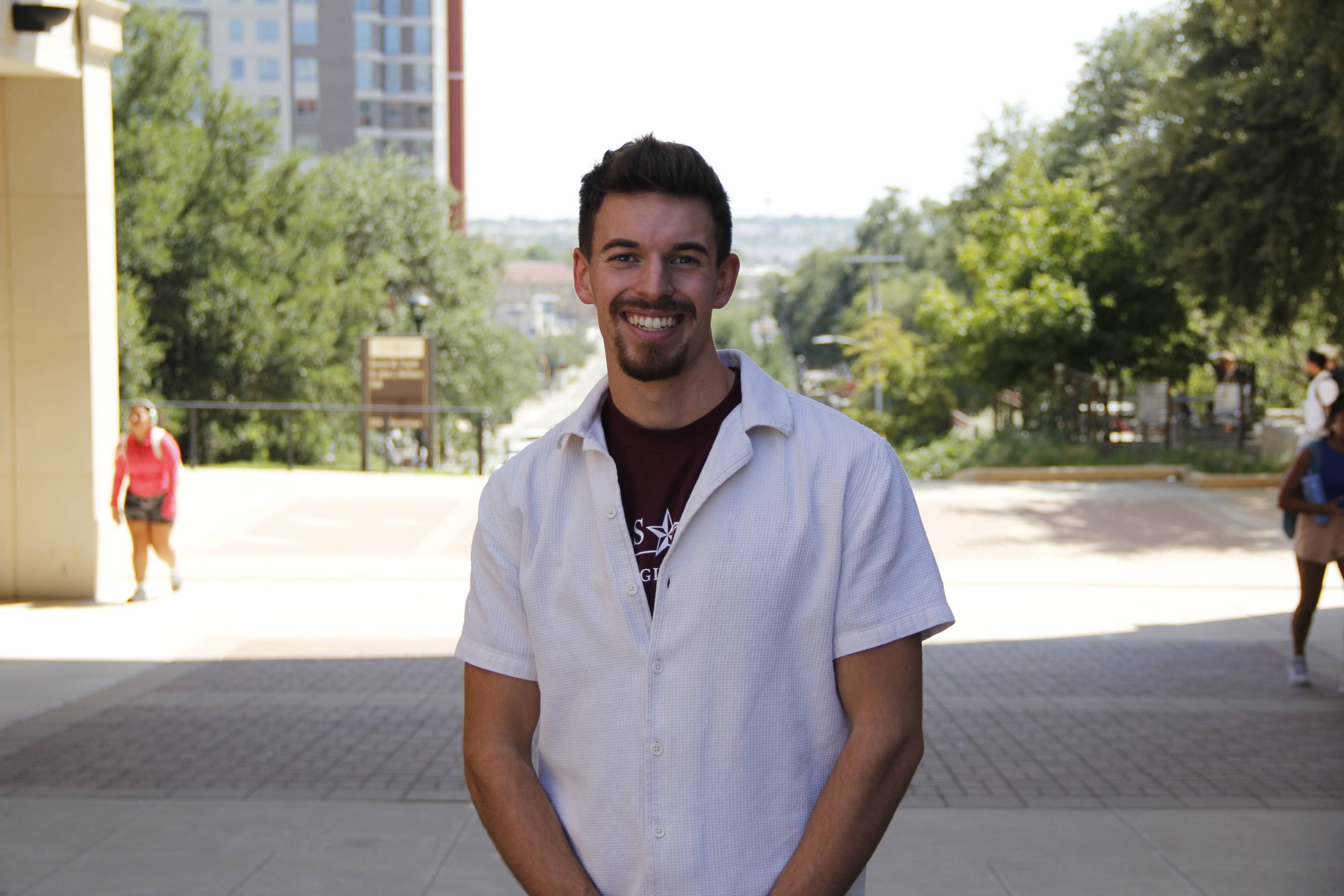
My research interests include multidimensional understanding of drug misuse, by helping clinicians recognize current signs of addiction. Specifically, I will be diving into the impact on minority communities and the factors that make individuals at risk for substance misuse. My current thesis interests are exploring the intersectionality of men who have sex with men (MSM) and stimulant misuse; utilizing these results to understand the behavioral motivations and social pressures around misuse in MSM. With the purpose of understanding the nuances behind culture and motivations of substance misuse. My career goals include seeking a doctoral degree in clinical or social psychology with interests in obtaining a paired medical degree to practice research based holistic mental health treatment. With my mentor, Dr. Ty Schepis, the Master of Arts in Psychological Research (MAPR) program gives me the opportunity to gain understanding on how individuals may be impacted by substance abuse so I can be a more effective practitioner. Implementing the biopsychosocial model at every level of mental health treatment and collaborating with different fields of psychology to properly care for patients.
Beatriz Maria Blanco
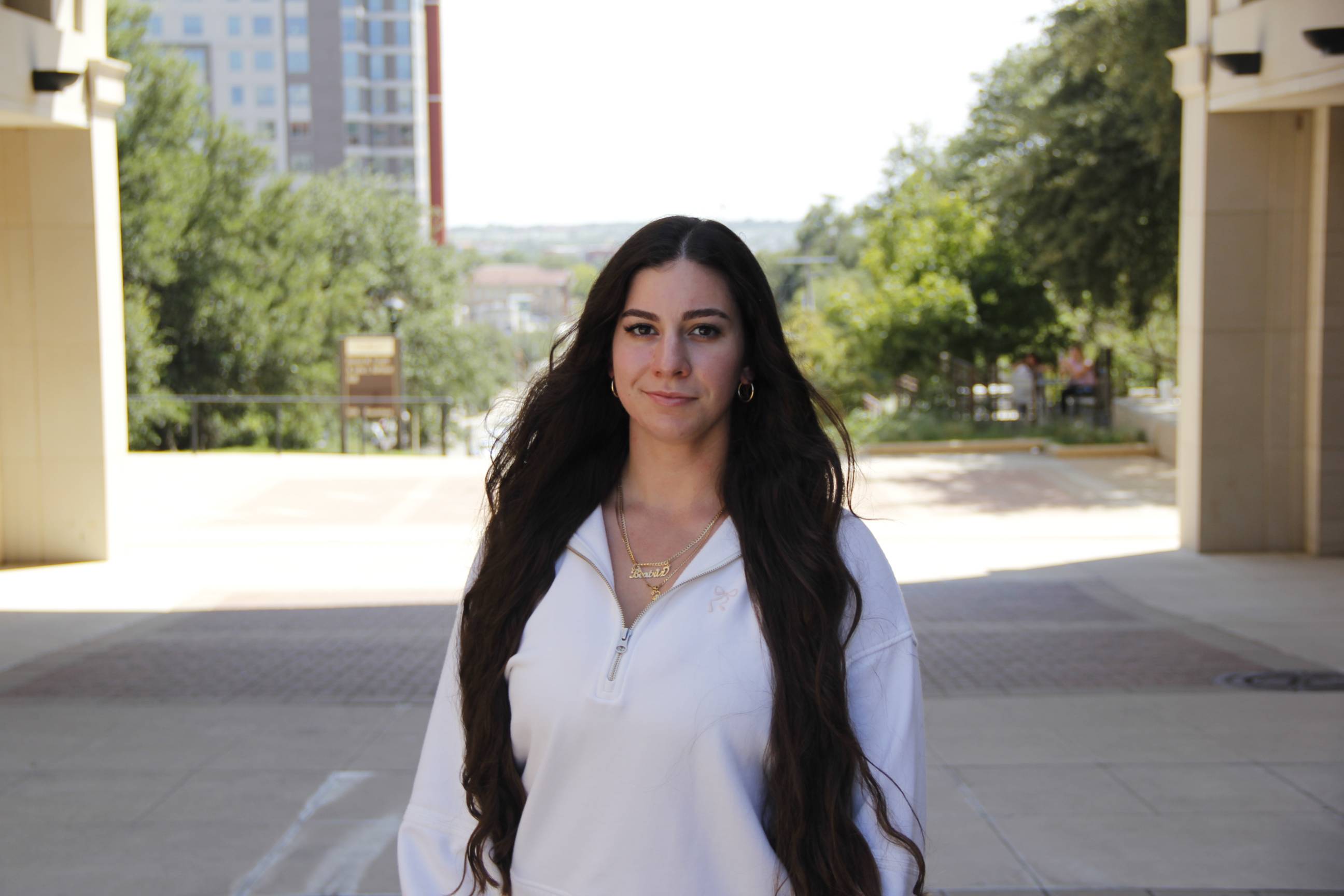
My research interests are very broad and change as I gain experience and knowledge in the field of psychology. However, they primarily focus on clinical and neuropsychology. Specifically, I enjoy researching memory processes related to language. I speak two languages and it has, from a young age, fascinated me how the brain is able to quickly switch and comprehend multiple languages simultaneously. I intend to answer questions such as: what determines what language we dream in? How can we hear something in one language and proceed to respond in a different one? The brain is a very intricate organ and although I probably will not be able to study every aspect of it in my lifetime, I want to make as much of a difference as possible with my research. The MAPR Program is only the start. After these two years I want to continue onto getting a PhD in clinical psychology. I know that with my drive, dedication and continuous effort, along with the help of my mentor, I have the potential of doing research that will have practical applications and a significant impact.
Grace C Conway
My research interests are within the domain of health psychology. Specifically, I am interested in women’s healthcare and how individual experiences within the healthcare system impact and influence other areas of life. My interest was born not only out of my personal experiences in healthcare, but of those I know personally. I want to explore the relationship between postpartum depression, the labor experience, and the mother-child relationship. Additionally, I am interested in the doctor-patient relationship within the obstetrics specialty and how it impacts patients experiencing postpartum depression. After completing the Master of Arts in Psychological Research Program at Texas State University, I hope to pursue a PhD in health psychology and collaborate with practitioners within the obstetrics and gynecological specialties on how to improve care and implement interventions for patients. That being said, I am also interested in eventually working in academia and pursuing my research interests in a university setting.
Kala Jo Davis

During my time at Texas State, I will be working with Dr. Clegg in the areas of child psychological development with a focus on social cognition. This is an area that intrigues me as I have always had an interest in how brains develop and shape who we are as adults, especially in forensic cases. My other research interest falls into cognitive psychology and the psychopathology of various mental disorders. Since psychopathology is a growing but limited field, I am interested in learning about and researching how psychological disorders come to fruition in order to contribute to the field's advancement. After my graduation in May of 2026, I plan to go into the workforce to use my newfound knowledge to help grow the field of psychology. My true area of interest for work is to be discovered as I learn from my program and mentors to ensure the proper fit.
Scarlett Elizabeth Sc Gransee
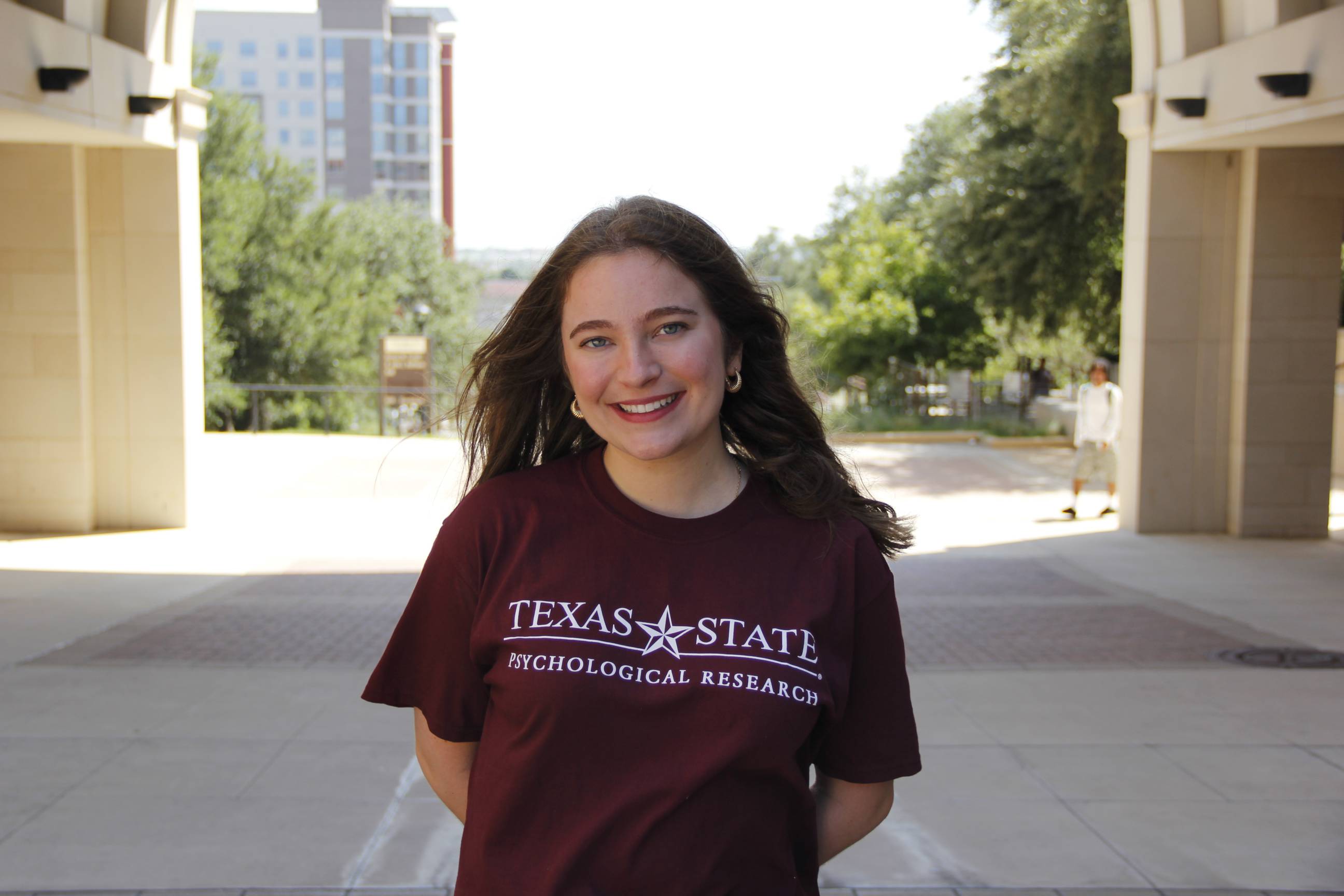
Broadly, I am interested in clinical psychology. My research interests center around the topics of suicide and substance use. In suicide research, I am interested in suicide assessments and suicidal ideation, especially in understudied populations. In terms of substance use, I am interested in harm reduction and substance use in young people. I hope to contribute to research that has the potential to help prevent suicide and overdose deaths. I am currently working on suicide research with Dr. Megan Rogers in the PRISM Lab at Texas State University. After I graduate from the MAPR program at Texas State, I plan on applying to doctoral programs in clinical psychology. My ultimate goal is to work as a licensed clinical psychologist who both works with clients and conducts research. I look forward to a lifetime of learning all that I can about psychology.
Charlie Kirkpatrick
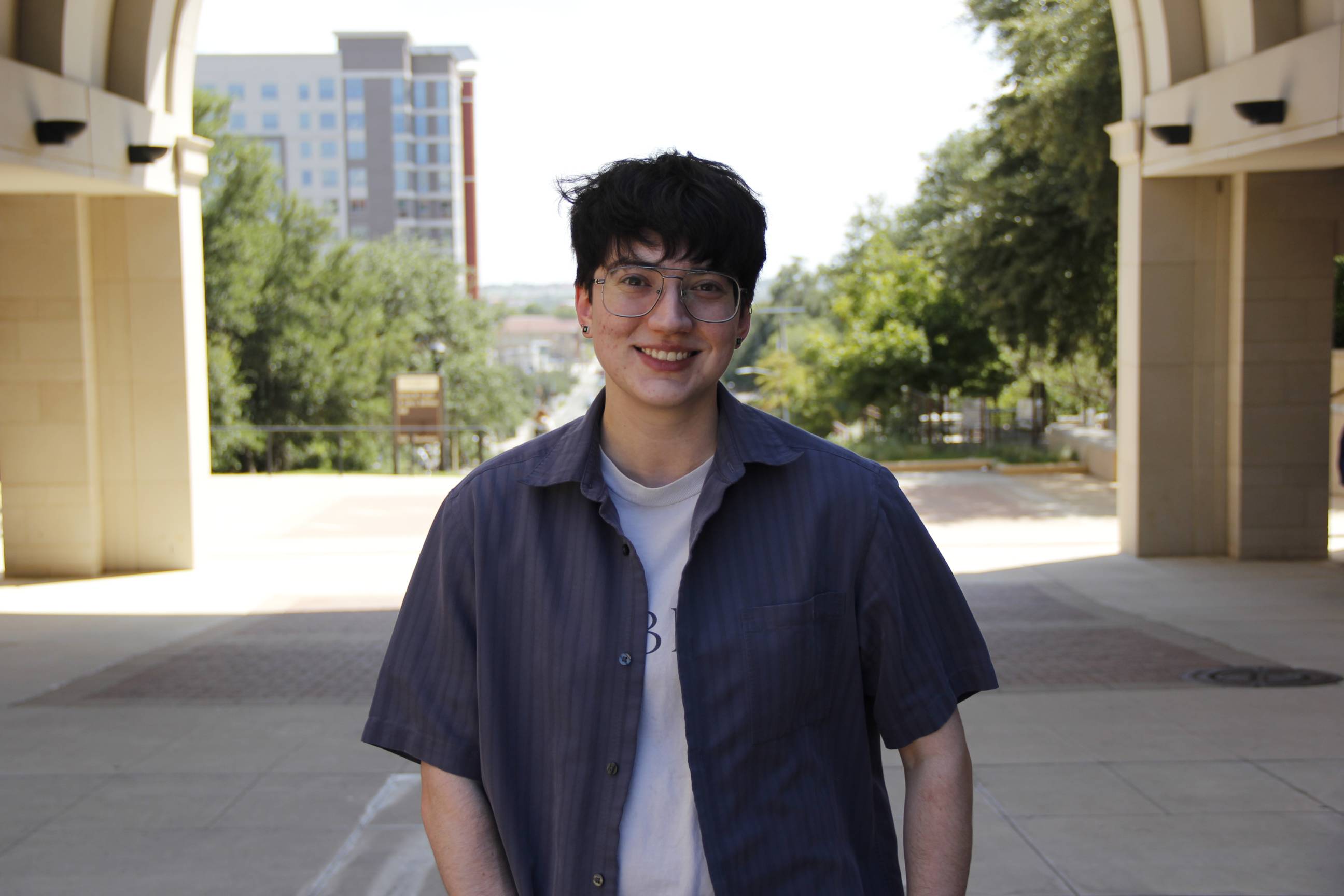
My primary research interests are multidisciplinary, centering around the future of disability studies in the field of psychology. Specifically, I am interested in the experiences of students with disabilities in higher education, community-led clinical research involving developmental disabilities such as ADHD and ASD, and the role of disability in Health and Rehabilitation Psychology outside of the current model of impairment. I am deeply interested in conducting further research as to treatment methods, accommodation efficacy, and the effects of inclusion and discrimination on disabled individuals.
My current research study investigates the ways Covid-19 impacted students with disabilities, the university’s response to the pandemic, and if students and teachers believe that Texas State responded adequately during that time. For my master’s thesis, I hope to examine faculty perceptions of accommodation appropriateness based on disability type, as well as the impact of disability awareness training on faculty stigma. Following my master’s degree, I plan to pursue a Ph.D. in Psychology. I hope to remain in academia to design and conduct inclusive research and become a professor that will support the next generation of psychological researchers.
Taylur Teressa Loera
My research interests encompass a multidisciplinary approach, focusing primarily on the intersection of clinical and health psychology. I am particularly concerned with substance use, suicide, and psychopathology in marginalized communities. At Texas State, my thesis will investigate the variations in the relationship between substance misuse and suicide-related outcomes (including ideation, attempts, and planning) across different populations. Through this work, I aim to further the literature on the complex interplay between these comorbidities, enhancing our understanding of mental health disparities and informing targeted interventions for at-risk groups.
Additionally, I am keen to explore the intersection of eating disorders and suicidal behavior. This aspect of my research will allow me to identify shared risk factors and underlying psychological mechanisms that contribute to both conditions, ultimately providing insights into how these issues impact quality of life and access to care.
My overall goal as a researcher is to advocate for evidence-based practices that improve mental health services in underserved communities, ensuring that individuals receive comprehensive support that addresses their unique needs. By collaborating with local organizations and engaging in community outreach, I aspire to establish meaningful partnerships that help facilitate the translation of research into impactful solutions, fostering a more equitable approach to mental health care.
Fulton Eric Pace
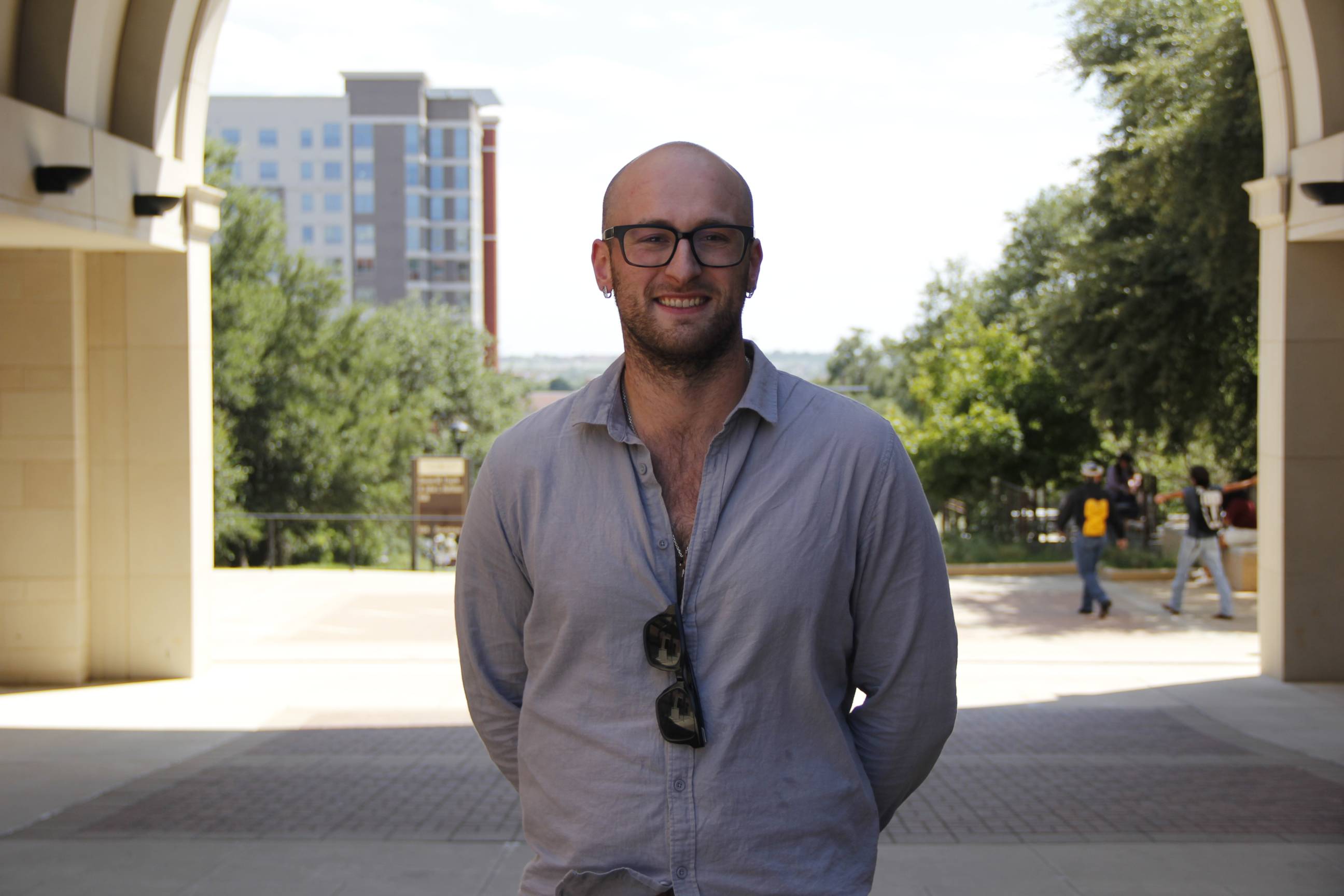
I’m concerned with psychological health in the modern world, and to that end I am interested in social media use and the amount of time spent talking with people face-to-face (whether these two things are at odds or not). I’m interested in how these behaviors influence psychological health and if these behaviors can become harmful. In addition, I’d like to research OCD and mental compulsions which are not easily observable such as repetitive counting of numbers or repeating words/phrases to soothe obsessive thoughts. I’m interested in research methodology as well and would be open to researching new statistical methods in psychology. After my master’s, I would like to pursue a PhD in clinical psychology focusing on OCD and PTSD treatment and research.
Julia Faxon Penn
Broadly, I am interested in clinical psychology. My research interests are focused on the etiology, phenomenology, and treatment of cluster B personality disorders, particularly borderline personality disorder (BPD). I also am interested in suicidality and suicidal behaviors.
Dr. Megan Rogers is my mentor, and with her guidance, I am currently writing my master’s thesis focused on how impulsive, risky behaviors often associated with borderline personality disorder, as well as common personality characteristics, factor load onto established subtypes of the disorder. I am also working in her lab, Prevention and Research in Suicide Mechanisms (PRISM), on various studies regarding suicide. I am the project manager of Suicide-Specific Biases, an in-person and ecological momentary assessment (EMA) study. After graduation from the MAPR program, I hope to work as a project manager or lab manager at a psychology lab at a major research university.
Dalton Wayne Puckett
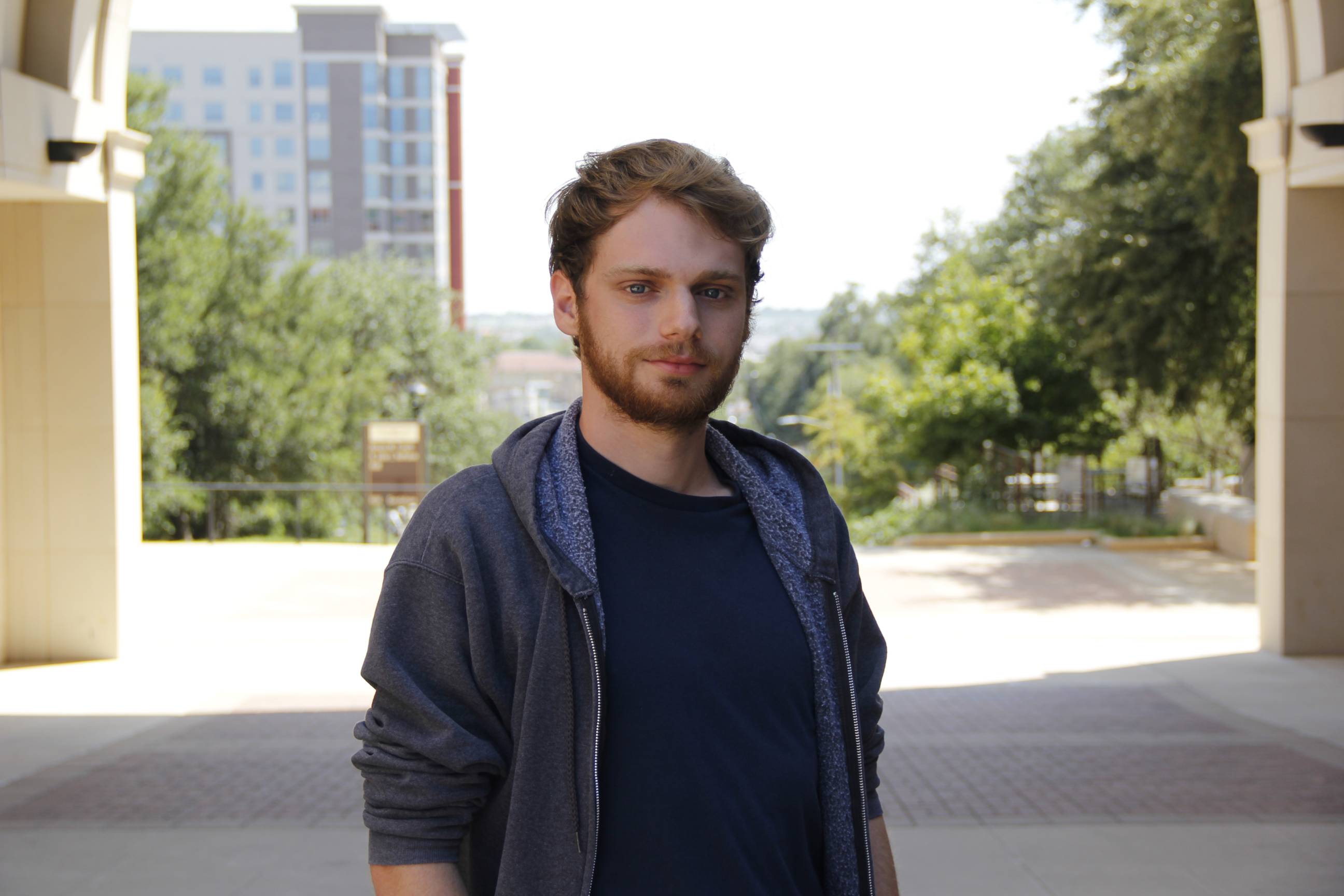
Broadly speaking, my research interests fall within the domains of social, cognitive, and moral psychology. I am especially interested in researching topics relating to how our different social identities influence our perceptions and moral judgements.
For my thesis, I plan on examining how the timing of group identity activation influences how people perceive and recall events. This work would be building on findings that have shown how social identity and cultural cognition shape people’s perceptions and can lead to multiple different interpretations of the same event. By manipulating when group identities are activated (before or after the perception of an event), I believe that I can deepen our understanding of the cognitive processes involved in event interpretation and recollection.
After completing the Master of Arts in Psychological Research program, I intend on continuing my education and pursuing a PhD in Social Psychology. This will allow me to further investigate these types of research questions that I believe are both interesting and highly relevant in today’s society.
Brandi Taylor Reynolds
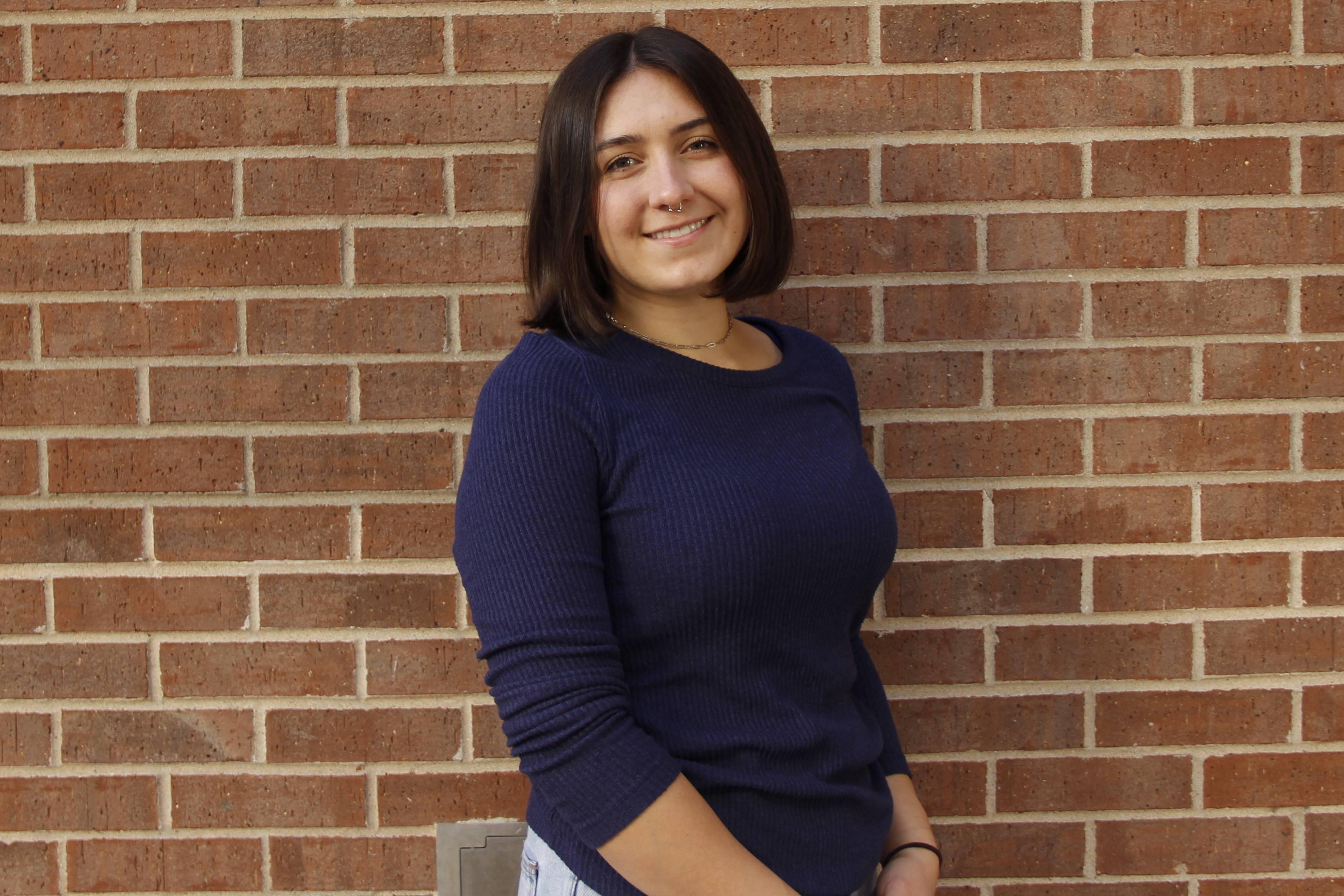
My research interests lie within the domains of human sexuality and social psychology. Specifically, I am interested in the sociocultural influences on sexuality, including sexual desire and satisfaction. I am also interested in how gender shapes our sexual experiences. At Texas State, my primary focus will be investigating the effects of unmet sexual ideals on sexual desire and possible factors that could help couples who are experiencing sexual desire discrepancies. My hope is that my research will highlight the positive aspects of sexuality and emphasize the importance of comprehensive sexual education. Following the completion of my master’s degree at Texas State, I plan to pursue a PhD in Social Psychology where I will continue to contribute to sexuality research. Further, I hope to pursue a career in research and academia where I will be able to instruct future researchers.
Madison Lorraine Riley
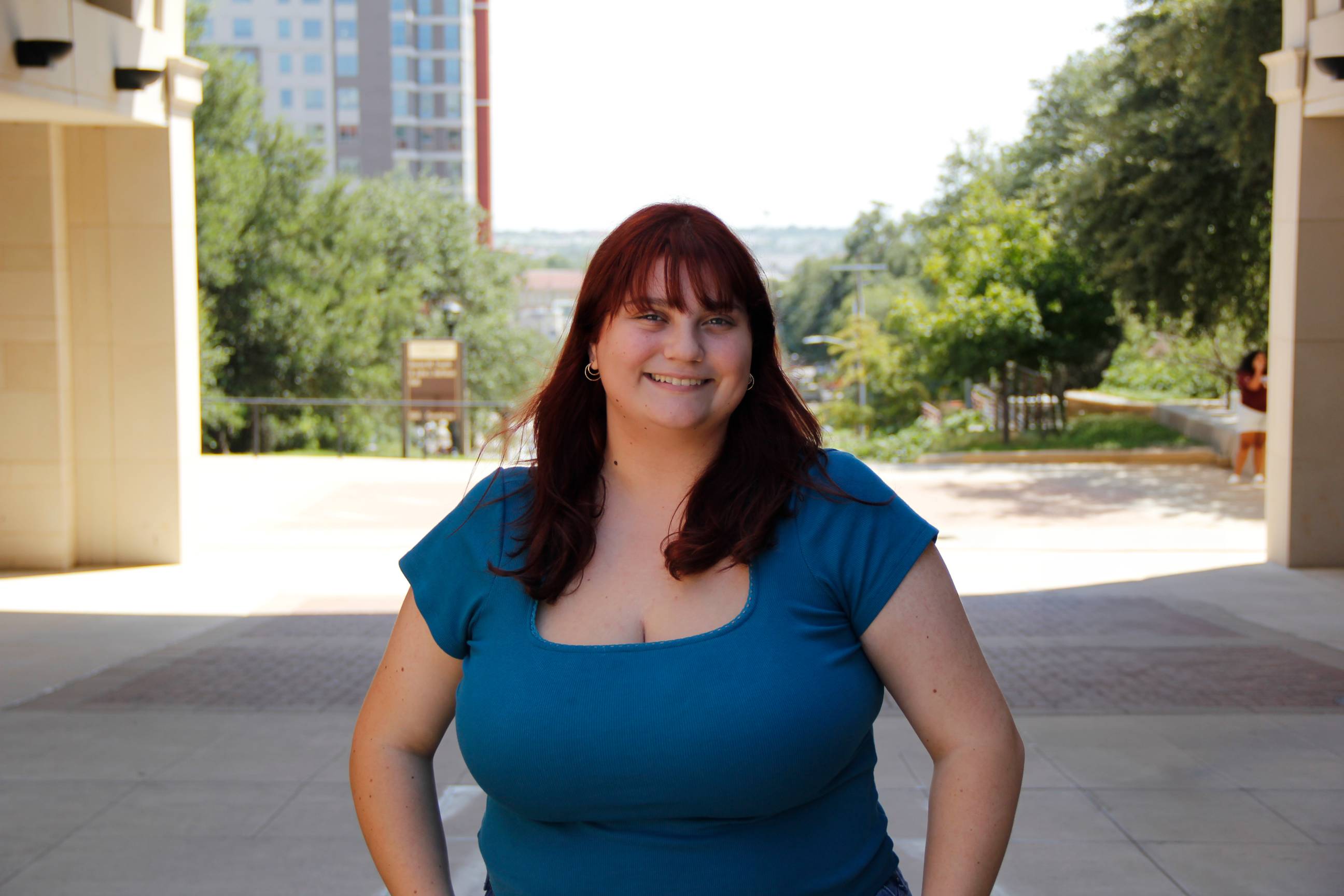
My primary research interests lie within the field of Psycholinguistics. While I am open to working in any domain within the subfield of Psycholinguistics, I am currently specifically interested in Language Acquisition, Bilingualism, and Multilingual Processing. I found my passion for psycholinguistics with a focus in bilingualism through the process of learning a second language during my undergraduate degree. I enjoyed learning and using the new language as much as connecting the similarities between the underlying structures of the two languages. Under the supervision of Dr. Kristen Tooley, my research mentor, I am gaining a deeper understanding of the topics of language structure and bilingualism while also gaining invaluable skills in eye-tracking and data analysis.
My future plans include attending a PhD program, either a Clinical or Cognitive program, that will allow me to further narrow my research specialties. Beyond that, I am undecided between being a Professor/Researcher at a university or opening my own clinical practice.
Rocio G Samaniego Zuniga I
My research interests are mainly focused on social psychology. Specifically, I want to know more about Hispanics' stigma towards depression. I became interested in this topic because it is something that affects my community greatly. I believe that there is a large amount of stigma when it comes to mental health in the Hispanic community. I would like to know what causes such problematic thinking. I believe restorative measures have to take place in order to inform individuals on the topic. This could potentially decrease the negative perceptions of mental health illness in the Hispanic community. I want to focus specifically on depression because it is a very prevalent disorder within this community. After my master’s degree is completed, I plan to enroll in a doctoral program. My ultimate goal is to become a licensed therapist. I want to help individuals who are struggling with their mental health because it is something I am truly passionate about.
Stefanie L Sliger
My research interests center around clinical, personality, and forensic psychology. Specifically, I am interested in researching personality indicators of future criminality, as well as early intervention and prevention methods. I have always been fascinated by the components of personality and the way they come together to build unique individuals, as well as identifying personality components that lead to specific outcomes. I am an avid reader, and over the years I found myself gravitating more and more toward psychological subject matter. Specifically, subject matter that provided insight into why people display certain behaviors, how internal and external factors affect individuality and genetic expression, and contributing factors of predispositions toward certain characteristics such as resilience and recklessness. It was this reading that helped me better define my psychological interests, which are constantly evolving.
Upon completion of the MAPR program, I plan to pursue my Ph.D in Clinical or Forensic Psychology, and to spend my time between researching profiles of criminality, assisting in various judicial proceedings, and working with victims of trauma. I recognize a distinct lack of adequate resources for individuals who have experienced sexual and domestic violence, and hope to be a part of filling this gap through both research and psychological care.
Ainsley Grace Tyler

I am most interested in the fields of clinical, cognitive, and developmental psychology. Particularly, I am interested in ADHD and its relationship with confidence and self esteem, social cognitive skills, and emotional processing. I would like to look at how reported confidence and skill perception within children and adults with ADHD plays into these factors, and how dysregulations for social and emotional situations might occur as a result. Additionally, I believe that early childhood experiences with ADHD (at the time diagnosed or undiagnosed) could be an interesting thing to observe. Other than ADHD, I have an interest in psychopathology, namely anxiety, personality, and eating disorders. I also find the general realm of health psychology intriguing as well, with an emphasis in the mind-body connection and how this manifests in individuals experiencing anxiety, stress, and trauma. After graduating from the MAPR program, I hope to pursue a PhD in Clinical Psychology. Alternatively, I may want to work in research or data analytics for a while before going back to school. Ultimately, after obtaining my PhD, my goal is to work as a licensed clinical psychologist and potentially work in academia as a professor and researcher.
Alexandria Lonnette Viltz
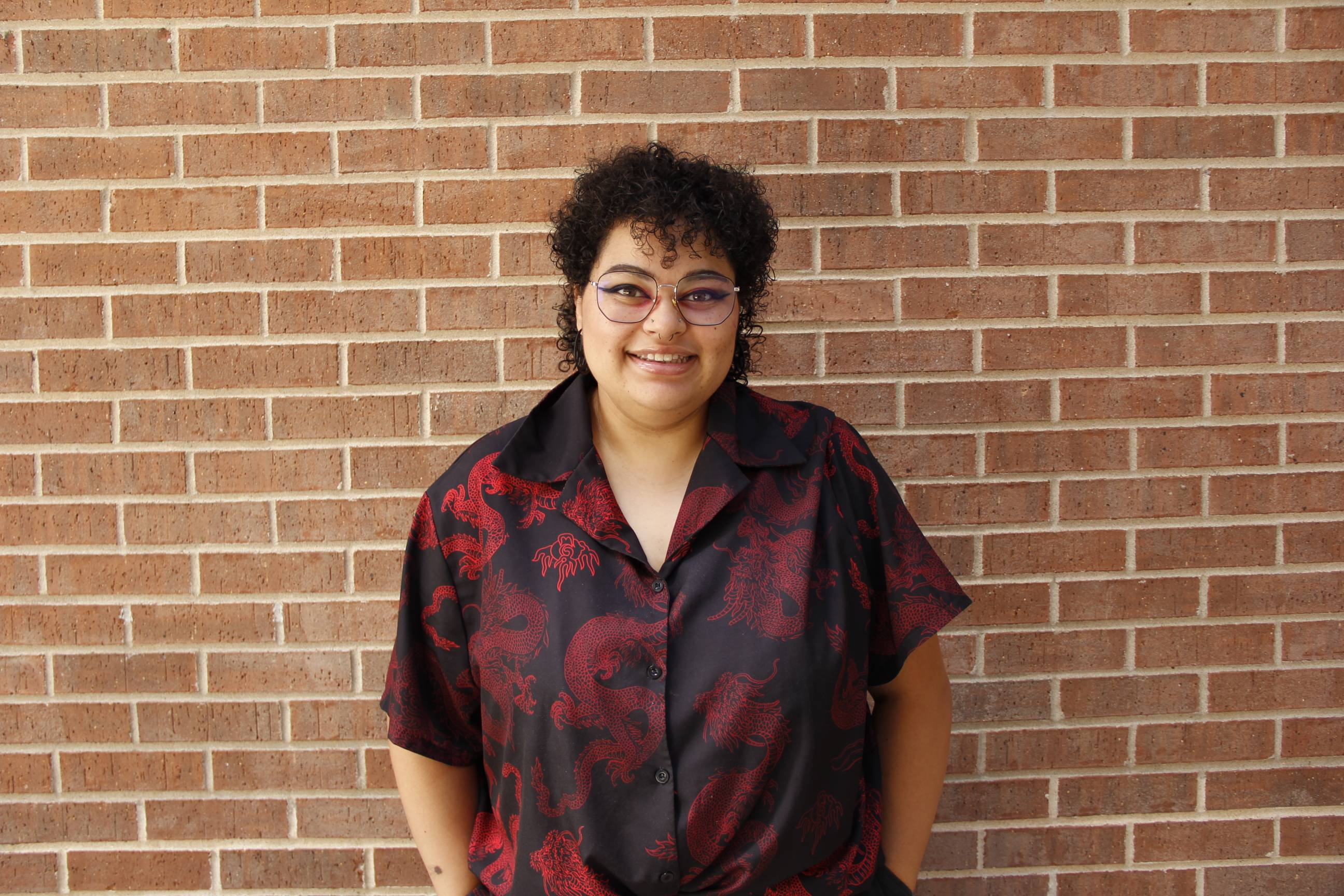
My research interests include Health, Cognitive, and Cultural Psychology. I am working with Dr. Crystal Oberle on better understanding the constructs of mental health discrimination and diversity within universities. My thesis will discuss how removing diversity, equity, and inclusion departments (DEI) within public Texas universities has impacted the student BIPOC population and their sense of inclusion. As someone within the BIPOC population, having a sense of belonging is very important to me. With the changing policies within universities revolving around inclusion and equity, I am curious to see how the students feel about the changes, or how it has impacted their motivation to complete school. Universities are great places for students to find their sense of self and explore what they want out of their future. Inclusivity is a very important aspect of thriving within a new environment.
I believe it is important to understand the underlying stigmas against mental health and by helping spread awareness and education about how mental health impacts quality of life, we can aim to minimize the gap of inaccessibility.
In the future, I plan on continuing my education journey by getting my Ph.D with a focus in either Health or Clinical Psychology. My goal is to obtain a better understanding of the health disparities BIPOC females face when seeking care, and why Bipolar I and II Disorders are often misdiagnosed within women.
Kelsey Brenn Williams
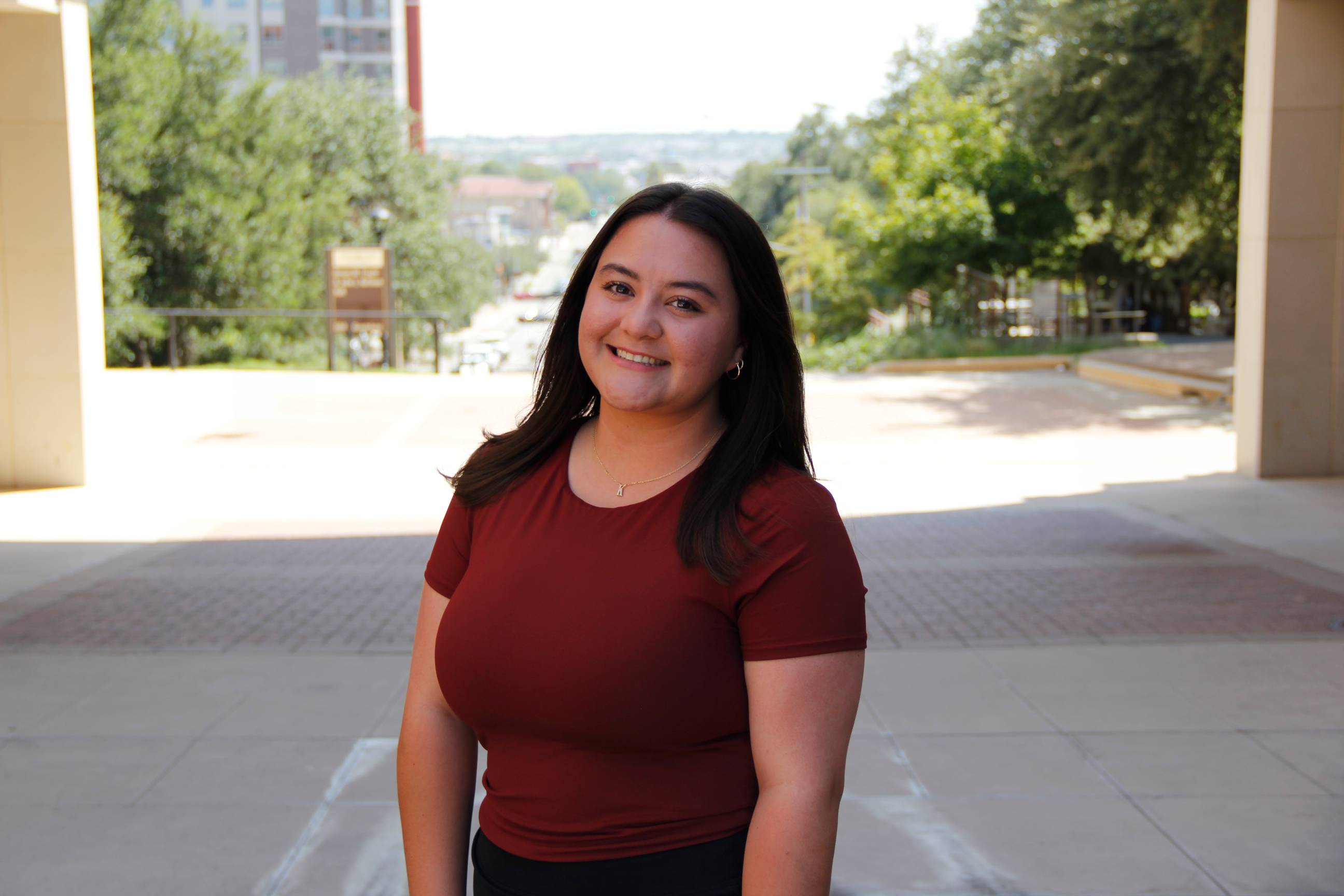
My primary research interest lies in clinical neuropsychology, particularly in understanding the brain-behavior relationship and its implications for treating brain injury patients. I am interested in how cognitive processes are affected by neurological conditions and aim to apply this knowledge in clinical settings to improve patient outcomes.
In addition to my focus on neuropsychology, I am also exploring the field of sport psychology. For my thesis, I will work with Dr. Osborne to investigate perceived slumps in collegiate athletes across various sports, examining how these experiences differ between genders and between athletes and coaches. This research will not only contribute to the understanding of athletes' mental health but also inform strategies for supporting their performance and well-being.
Upon graduating from the MAPR program, I intend to pursue a Ph.D. in clinical neuropsychology. This will allow me to deepen my understanding of the complex interactions between cognitive function and neurological health, equipping me with the skills needed to assist individuals facing brain-related challenges. Ultimately, my goal is to integrate my interests in clinical neuropsychology and sport psychology to make a meaningful impact in both fields.
Mentor: Dr. Randall Osborne
Sophie Wilson

My primary research interests include cognitive and developmental psychology. For my thesis, I will be exploring the complexities of parenting behaviors, specifically the phenomenon of parenting by lying, and its effects on a child’s psychological development. I am working with Dr. Warnell in an attempt to close the literature gaps within this subject, particularly in regard to how parenting by lying impacts groups of siblings as well as if certain parental demographics facilitate a predisposition for this behavior. Although it is not my current research focus, I am also interested in forensic psychology as well as psychopathology, both of which I focused on during my undergraduate course work at St. Edward’s University.
Ultimately, my goal within the MAPR program is to gain research experience that will expand my knowledge and understanding as well as equipt me for success when I inevitably pursue my Ph.D..
Zakiya Kiaree Young

Broadly, my research interests include a focus on cognitive neuropsychology. My interest in this discipline is the connection between cognitive functioning and behavior in psychopathological disorders. I aim to gain a better understanding of psychopathological disorders such as anxiety, depression, bipolar disorder, and personality disorders. I aspire to learn how to create a better quality of life for individuals with these disorders. My current point of focus is anxiety, more specifically test anxiety. For my thesis, I plan to investigate interventions that students can use to help reduce levels of test anxiety before taking exams. I hope the findings in my thesis contribute to current literature on ways to decrease levels of fear and stress in students with test anxiety. I also hope it shines a light on the prevalence of test anxiety in students. After completing the MAPR program, I plan to obtain my PhD to gain further insight into psychopathological disorders, cognitive functioning, and cognitive processes while becoming a more experienced researcher. Furthermore, I am also interested in teaching at the collegiate level once I obtain my PhD.
